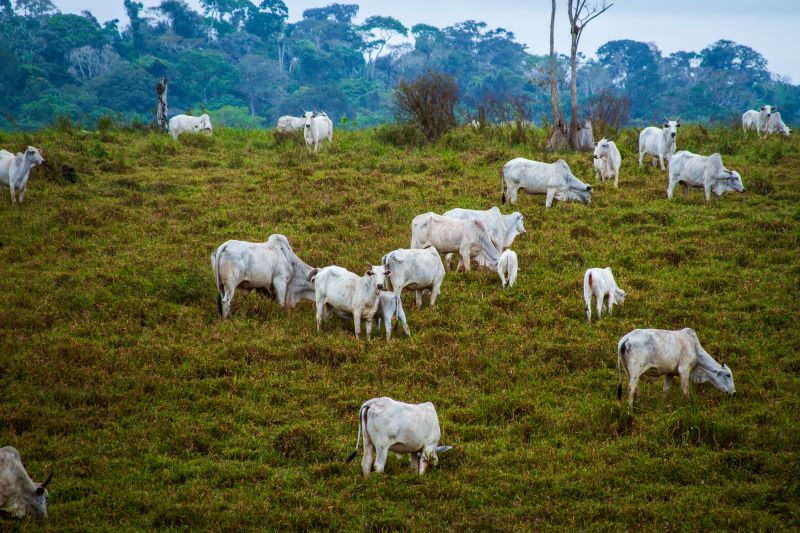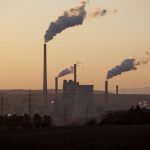Are Agricultural Subsidies Causing More Harm Than Good?
- Categories:
- Climate Change
- Food

What are agricultural subsidies?
An agricultural subsidy is a government incentive involving a payment made to farmers and other agricultural businesses to supplement their income. It is intended to manage the supply of food and other products and ensure that the cost and supply of these items remain stable.
The system for agricultural subsidies in the UK, for example, began after the Second World War when there was a need for ramping up food production.
Eventually, however, supply began to outstrip demand and the system in the European Union was changed to reward farmers for the size of their farm, with larger farms receiving a greater payment. This meant that the biggest players were getting the largest share of the subsidies.
Some subsidies were available in Europe for farmers and other rural businesses for delivering environmental benefits such as preserving habitats and managing flood risks and supporting rural development, but the majority of the financing went to farmers based on the volume of land they farm.
What is the current situation with agricultural subsidies?
Almost 90% of the $540bn in global subsidies given to farmers every year are “harmful” according to the UN. It is widely understood now that agriculture and land use account for approximately a quarter of the greenhouse gas (GHG) emissions that are driving climate change.
The agricultural support damages people’s health, fuels the climate crisis, destroys nature and drives inequality by excluding smallholder farmers, many of whom are women. This is because the biggest subsidies are received by the largest producers of greenhouse gas emissions, such as beef and dairy farms.
The current price incentives for specific livestock and crops promote the overconsumption of meat in rich countries and overconsumption of low-nutrition staples in poorer ones, which is very damaging to human health.
Some countries are recognising that the system needs to change. After leaving the European Union, there was an opportunity for the UK to reassess the way it gave out agricultural subsidies.
They have developed a new scheme that will instead reward farmers for growing more food and practising farming more sustainably. Instead of paying for the land they own or rent, funds will instead restore wild habitats, create new woodlands, boost soils and cut pesticide use.
The changes are being phased in over a number of years until 2028, with the current £1.6bn subsidy scheme ending then.
The UN report also recognises efforts being made in other countries, such as a zero budget natural farming policy in the Indian state of Andhra Pradesh and action in China to cut chemical fertiliser and pesticide use.
These are being seen as steps in the right direction, albeit gradual ones, but with the UN reporting the huge amount of harmful subsidies being allocated globally, it is clear that more needs to be done.
What is the solution?
The UN hopes that redirecting the subsidies to more beneficial activities would help to tackle the climate crisis, as well as improving nutrition and eradicating hunger.
They suggest that the meat and dairy industry in rich countries is “outsized” and must be reduced to address climate change, and subsidies for pesticides and harmful polluting fertilisers must be drastically reduced in low-income countries.
There should also be increased support for smaller independent farmers which would create a more level playing field and support for healthy food production such as fruit and vegetables.










